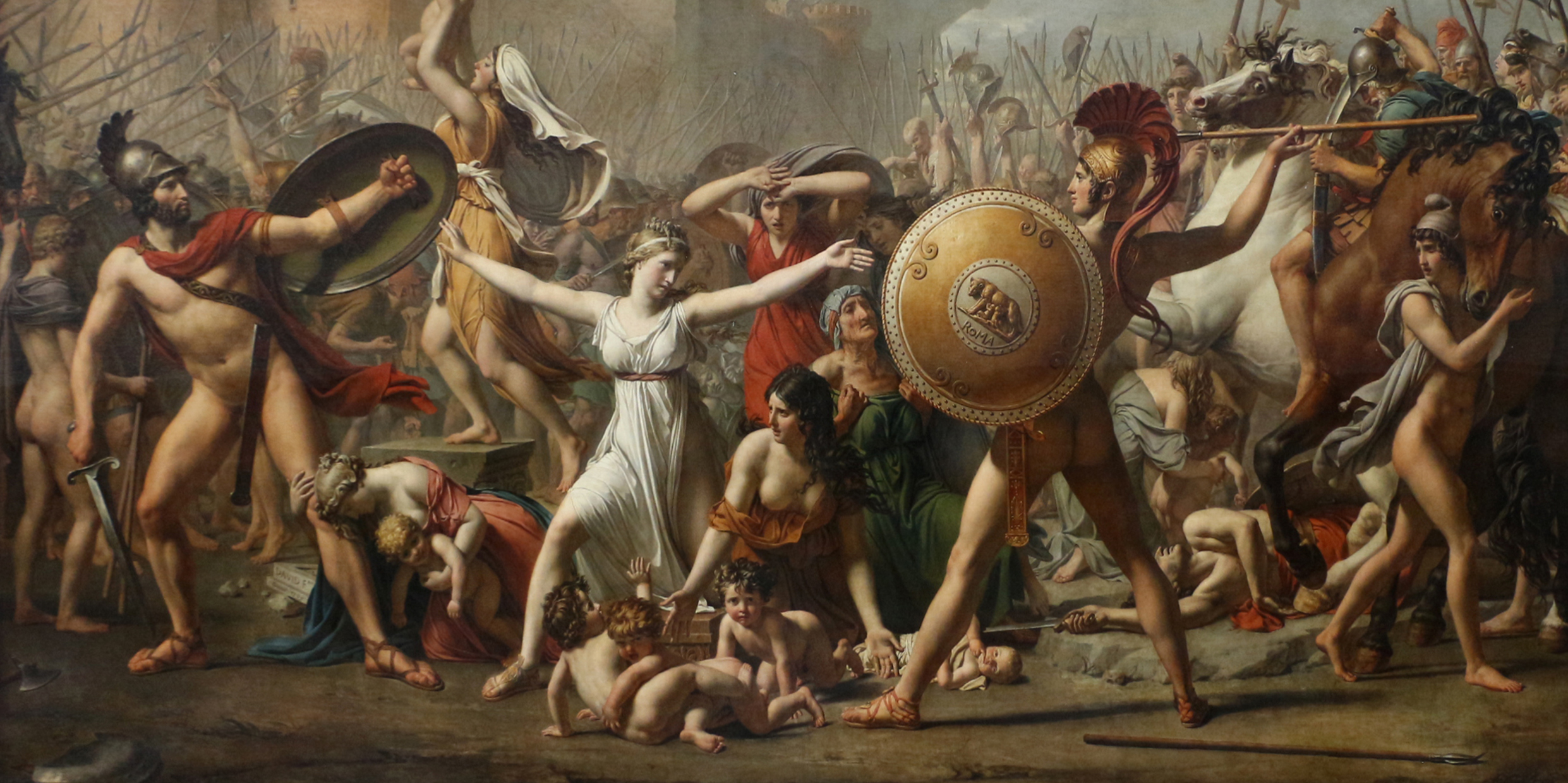Originally published 30 May 1988
Here are two stories I read within an hour of each other — one an attitudinal survey of teenagers in Rhode Island, the other an anthropological study of the Yanomami tribe of the jungles of Brazil and Venezuela. Is there a connection? You decide.
First, a survey of 1,700 sixth and ninth graders conducted by the Rhode Island Rape Crisis Center and widely reported in the media. Among the shocking (and profoundly depressing) results of the poll: Half of the boys believe it is all right for a guy to force a kiss on his date if he has spent at least ten bucks on her; 65 percent of the boys and 47 percent of the girls think rape is OK if the man has been dating his victim for more than six months; 87 percent of boys and 79 percent of girls think a man has a right to force sex on his wife.
The second story, in the May [1988] issue of Scientific American, describes the work of anthropologist Napoleon A. Chagnon, of the University of California at Santa Barbara. Chagnon has studied the Yanomami people of the Amazon for 24 years. What is most striking about the tribe is the ferocity of the males, who apparently revel in violence. Thirty percent of Yanomami males die violently, and almost half of the males over the age of 25 have participated in a killing. What do they fight over? According to Chagnon, “reproductive resources.” Or to put it more simply — women.
Darwinian violence
Yanomami killers have on the average two and a half times as many wives and three times as many children as nonkillers. Chagnon hints at a kind of Darwinian logic behind this propensity for violence. The Yanomami male who kills his neighbors in pursuit of women increases his reproductive success, and presumably insures the continuance of his own line. If evolution is driven by selfish genes, then the Yanomami killer is “fitter.”
Chagnon suggests that a connection between the procreative drive and violence may be innate and common to all humanity. “One thing you can never get enough of is sex,” says Chagnon. Sex and violence go hand in hand, he seems to be saying, and the Yanamamo merely act out tendencies that civilized societies strive to hold in check.
It must be said at once that Chagnon’s work is highly controversial. Not all anthropologists believe that an inborn tendency toward sex-driven violence is required to explain Yanamamo behaviors. They point to environmental stress and competition for material resources as alternative explanations.
The debate over Chagnon’s interpretation of Yanomami violence is merely a skirmish in the broader war between sociobiologists and their critics. At the heart of the sociobiology doctrine is the assumption that some human social behaviors have a genetic basis. These behaviors include male aggressiveness, and, of course, male and female sex roles.
In his provocative book, On Human Nature, Harvard sociobiologist Edward O. Wilson argues that humans share a tendency toward certain sexual behaviors with other animal species. “It pays males to be aggressive, hasty, fickle, and undiscriminating,” writes Wilson. “In theory it is more profitable for females to be coy, to hold back until they can identify males with the best genes.”
Wilson is emphatic. “The genes hold culture on a leash,” he writes. “The leash is very long, but inevitably values will be constrained in accordance with their effects on the human gene pool.” In the Scientific American report on Chagnon’s work, Wilson is quoted in support of a biological interpretation of Yanamamo violence: “I’m really curious about why people pussyfoot around the human aggression element. Humanity has been wading in blood for as long as it’s been around. If we have a strong biological predisposition toward violence, we just can’t wish it away.”
Debate over causes
While all biologists affirm that some animal social behaviors are genetically programmed, many take issue with the sociobiology doctrine as applied to humans. Some of the criticism is motivated by the fear that simplistic theories of “genetic determinism” can be used to justify repressive social attitudes — warmongering, racism, sexism, and the like. Other critics question whether sociobiologists have mustered even a shred of scientifically respectable evidence linking human social behaviors to genes. Further, say these critics, the whole sociobiological theory is so contrived as to be untestable.
The debate over sociobiology has generated a huge volume of words, and perhaps more heat than light. In my opinion, the issue is far from settled. Nature vs. nurture arguments have been around for a long time, and are not likely to go away soon. Indeed, from the strictly scientific point of view, the two sides may not be all that far apart. As philosopher of science Michael Ruse has written: “Explanations involving genes are never of the genes alone, but always of genes as they interact with the environment.”
Neither the sociobiologists nor their critics believe that human social behavior is hostage to the genes. Perhaps there is more Yanomami-like behavior locked up in our biology than we care to admit, predisposing us toward violence. Or perhaps the enormous adaptability of the human brain has enabled human culture to escape entirely from the grim calculus of natural selection. Either way, the Rhode Island survey of teen attitudes toward rape suggests the we should cultivate a more thoughtful concern for how attitudes toward sexual violence can be modified by environment.



